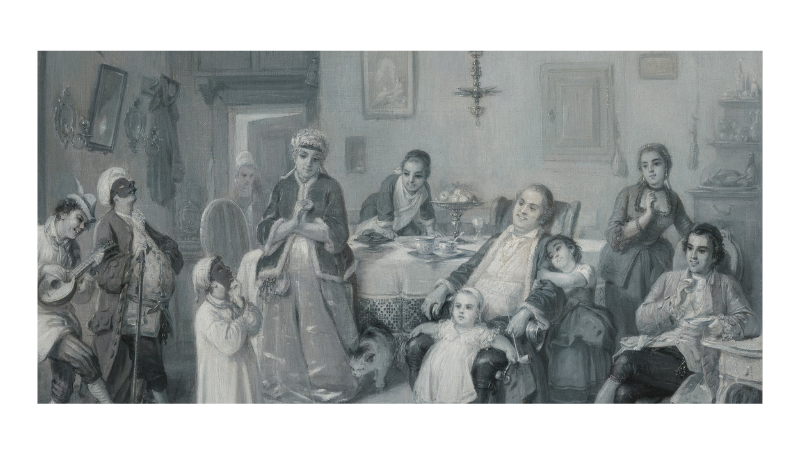Rabbi Wendy Zierler
The Torah.com, Mar. 17, 2016
“Purim merits repeated reassertion and preservation as an enduring truth in modern times and beyond not merely because it serves as a yearly reminder of Jewish vulnerability in exile and our gratitude for all the salvation that chance has sent our way but because it is the holiday of human action.”
Esther 9 describes the birth of the Purim festival. After the defeat of Haman and his minions, Mordechai sends letters (ספרים) to all the lands under Persian rule, telling all Jews that the fourteenth and fifteenth of Adar are to be Jewish holidays characterized by feasting, mishloah manot (gifts of food), and charity. Verse 23 announces that the Jews accept this obligation:
וְקִבֵּל הַיְּהוּדִים אֵת אֲשֶׁר הֵחֵלּוּ לַעֲשׂוֹת וְאֵת אֲשֶׁר כָּתַב מָרְדֳּכַי אֲלֵיהֶם
The Jews accordingly assumed as an obligation that which they had begun to practice and which Mordecai prescribed for them.
Verse 27 repeats this, stressing that the obligation to celebrate Purim applies not only to the Persian Jews of this time but to all Jews for all time:
קִיְּמוּ וקבל (וְקִבְּלוּ) הַיְּהוּדִים עֲלֵיהֶם וְעַל-זַרְעָם וְעַל כָּל-הַנִּלְוִים עֲלֵיהֶם וְלֹא יַעֲבוֹר-לִהְיוֹת עֹשִׂים אֵת שְׁנֵי הַיָּמִים הָאֵלֶּה כִּכְתָבָם וְכִזְמַנָּם בְּכָל-שָׁנָה וְשָׁנָה.
… [To read the full article, click here]


